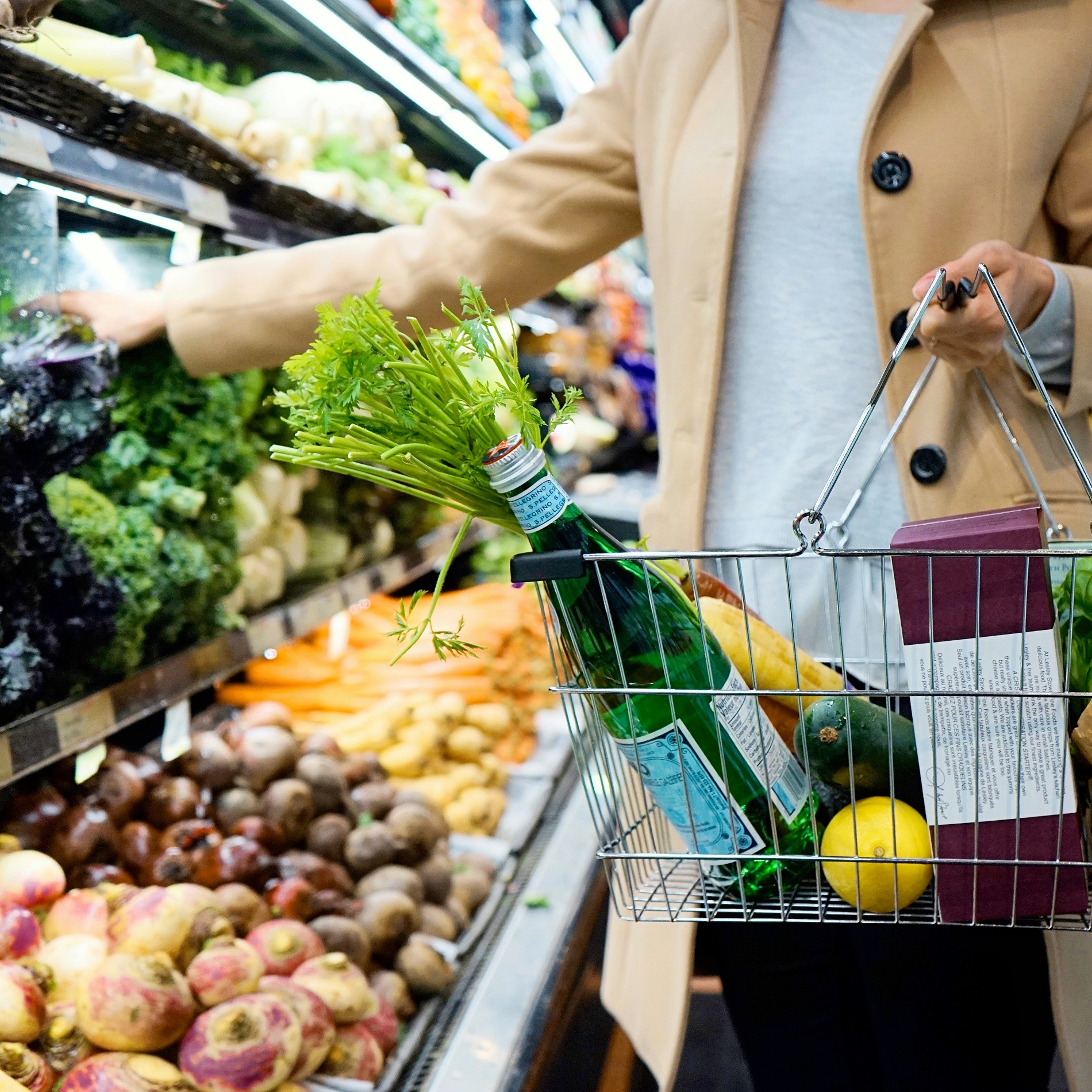Home – Case Studies – Collaborating with IGD to Create Sustainable, Circular Packaging Systems
Collaborating with IGD to Create Sustainable, Circular Packaging Systems

Home – Case Studies – Collaborating with IGD to Create Sustainable, Circular Packaging Systems

IGD has the ambition to halve the environmental impact of all packaging systems by 2030.
IGD has been instrumental in facilitating a collaborative environmental initiative with the FMCG industry to drive systemic change within packaging systems.

In 2021, Institute of Grocery Distribution (IGD) convened key stakeholders from across the food and consumer goods industry to tackle a shared challenge — how to make packaging systems more sustainable whilst ensuring the benefits of packaging are maintained. As a result, the Ambition was created: to halve the environmental impact of all packaging systems by 2030. Anthesis has supported IGD to deliver on its Ambition through a long term partnership. The latest project involved collaborating with IGD to deliver the Business Case and Calls to Action for a sustainable, circular packaging system in the UK.
To build a sustainable and circular packaging system to meet this Ambition, rapid, high-impact action is needed across the packaging value chain. Recognising this and responding to a need articulated by senior industry stakeholders to understand why and how to engage with sustainable packaging systems, IGD engaged Anthesis to support with building a Business Case and Calls to Action report for industry to deliver more sustainable packaging systems and enable progress against the Ambition.
Anthesis supported IGD with creating a report that sets out the business case for investing in sustainable packaging solutions and systems, as well as the calls to action for policymakers and industry to deliver it.
Anthesis supported IGD with:
The Business Case for Sustainable Packaging:
The Call to Action across the Value Chain:
The scale of change needed to move the dial in reducing our reliance on finite resources is significant, and ambitious action is required from actors across the value chain if we are to avoid the worst impacts of climate change and biodiversity loss.
To effect the change that is required, business leaders must see sustainable packaging as a commercial opportunity and not merely as a technical area too complex to tackle, or as a compliance issue, as this report outlines.
Similarly, collaboration is required across the value chain and industry stakeholders and policy makers can use the Calls to Action highlighted in this report to achieve a more sustainable packaging system.
IGD has been instrumental in facilitating a collaborative environmental initiative with the FMCG industry to drive systemic change within packaging systems. Coming together with IGD, we are encouraged to see that WRAP has launched a consultation on the successor agreement to the UK Plastics Pact to explore how to evolve to an all-packaging materials approach, leveraging the work delivered to date.
For more information, download the report here.
IGD Ambition Heatmap
Anthesis began by developing the baseline for the ambition to define the industry’s position in 2019. We identified the best data sources, reviewed packaging material flows, and assessed the industry’s environmental impacts. Three different scenarios were modelled to determine the extent of change needed to reach the ambition.
We found that meeting the 2030 ambition will require at least a 20% reduction in the amount of packaging put on the market. This needs to be combined with significant environmental efficiency gains, including increased recycled content in packaging, increased material recycling rates, and decarbonising supply chains.
To support industry efforts in reducing packaging impacts, Anthesis produced a supermarket heatmap for IGD to highlight where the environmental impacts of packaging are most significant within an average UK supermarket. Read the report here.
Report Calls for Urgent Reassessment of UK Packaging Strategy
Anthesis supported IGD to develop and launch a new report on how we can halve the environmental impact of the UK packaging system by 2030. The report allows the food and consumer goods industry to drive progress towards this ambitious goal.
As delivery partner for the report, Anthesis developed the ambition baseline, covering the UK system for primary packaging, and modelled scenarios to determine the extent of the change needed by the industry to meet the ambition. To develop the baseline, Anthesis’ approach included identifying the best publicly available data sources and assessing the environmental impact of material flows.
Best Practice Industry Approach to Packaging LCAs
Anthesis supported IGD on publishing a best practice guide for packaging lifecycle assessment (LCA) for the food and consumer goods industry, with the aim of helping the industry undertake packaging LCAs in a standardised way and enable organisations to make informed decisions to reduce the environmental impacts of their packaging.
We are the world’s leading purpose driven, digitally enabled, science-based activator. And always welcome inquiries and partnerships to drive positive change together.